We are used to thinking of addiction as something attached to a substance. But the psychological obsession that comes with addiction can manifest itself in more than one way.
A person can be addicted to other things such as sex or work, which is where we got the term workaholic from.
Do you worry you might be addicted to work? Let’s take a close look at what exactly are the signs of work addiction and how to overcome it.
What Is a Workaholic?
In the United States, there is a remarkable “hustle” culture that has driven numerous professionals to stretch their drive and time at the office more than might be commonly accepted in other parts of the world.
Being said that, there is a distinction between work addiction and a strong work ethic. Therefore, it’s critical to emphasize that working hard and having an exceptional work ethic do not make you a workaholic.
Instead, one might think of a work addict as someone who works compulsively, and excessively, and whose compulsion might affect their overall well-being.
Like other addicts, a workaholic might not be able to manage a compulsion on their own. Making it impossible or extremely challenging for them to disconnect from work, particularly when their well-being needs it.
Dangers of Work Addiction
Workaholism can have negative consequences for both the addicts and those around them. Some of the most common dangers of workaholism include:
- Suffering from burnout
- Chronic stress
- Negative consequences for relationships
- Issues with the family such as divorce
- Depression
- Anxiety
- Cardiovascular disease
What Are The Signs of Work Addiction
Here are some of the most common signs of work addiction to look out for if you are concerned that you or a loved one might be suffering from workaholism.
- Spending most of your time working or at work
- Plotting ways to free up more time to work
- Spending much more time working than initially intended
- Using work as a way to soothe unpleasant feelings
- Using work to escape problems
- Others around you have called you a workaholic or asked you to cut down on work
- Your family or colleagues have concerns about your work habits
- It angers or stresses you to know you can’t work
- It’s difficult for you to disconnect from work while at home or on vacation
- Work comes before leisure, health, hobbies, family, or exercise
- Working excessively affects your health
- Working excessively affects your relationships
- You can’t stop working even if you want to
If you are experiencing some or most of these signs of work addiction then there is a chance you could be suffering from workaholism.
How to Overcome Work Addiction
These are some tips that can help you overcome a work addiction.
- Learn to set boundaries
- Disconnect your work email from your mobile device
- If you have a work cell phone, turn it off during your time off
- If you feel the urge to work, try speaking to someone, meditating, or exercising
- Talk to your manager and express your need to maintain healthy boundaries
- Explore other career or work options in environments that are respectful of boundaries
- Redefine success and try not to be a perfectionist when it’s not necessary
- Let go of expectations
- Seek professional help
Professional Help
It’s important to keep in mind that overcoming work addiction can be challenging to do on your own. You shouldn’t feel discouraged if you are not able to achieve a solution by yourself.
Instead, you should take a different approach like seeking help from a work addiction expert.
90210 Recovery offers holistic treatments to help you or your loved ones overcome an addiction to work
Contact 90210 Recovery and learn more about our workaholism treatment today!


